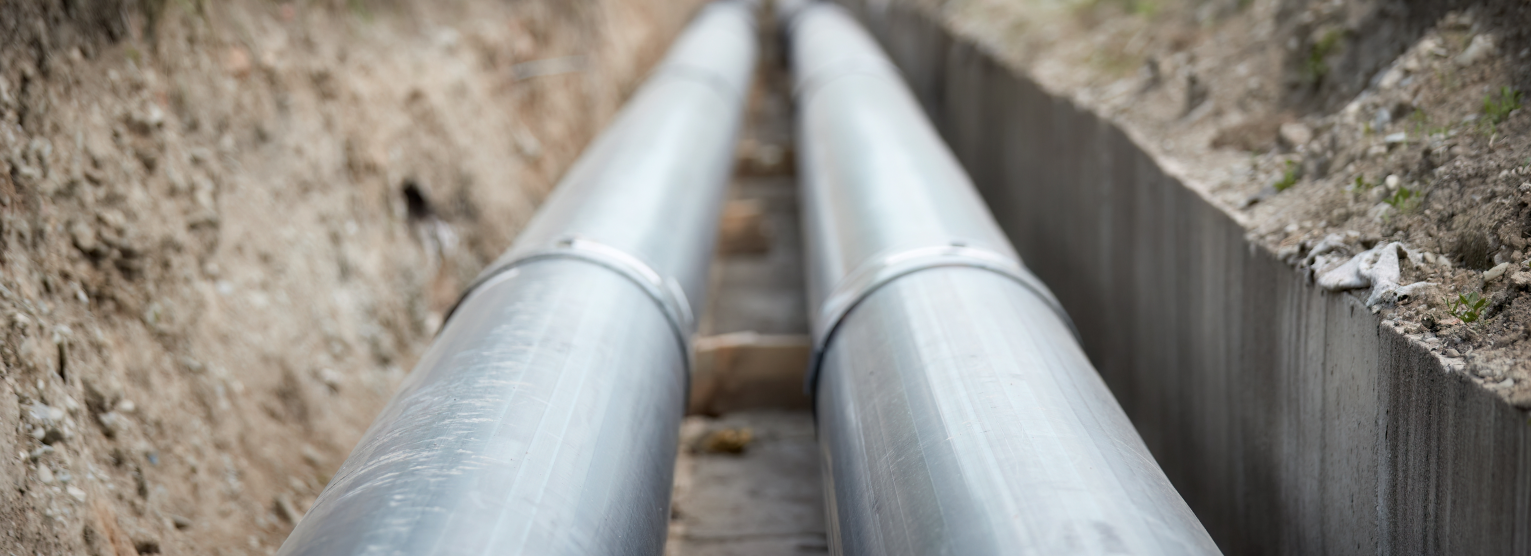Failures in heating networks are a significant issue faced by utility companies and municipalities. These incidents lead to substantial financial costs, resident discomfort, and undermine consumer trust in the quality of public services. A highly effective way to minimize such failures is by implementing a smart heating solutions system using smart meters.
What Are Smart Meters and How Do They Work?
Smart meters are devices that automatically record and transmit data on heat consumption using real-time heat consumption monitoring. Equipped with wireless communication modules and typically utilizing LoRaWAN technology, these meters ensure reliable data transmission even over large distances and in challenging locations, such as basements or densely built urban areas. This technology enables utility providers and municipal services to rapidly acquire information on heating network diagnostics and swiftly respond to any anomalies.
If older heat meter models are installed in residential or commercial buildings, their functionality can be upgraded relatively inexpensively by installing smart radio modules. These modules contain IoT sensors that read analog meter data and transmit this information at defined intervals to the software platforms of utility providers or municipal enterprises.
How Smart Meters and Radio Modules Prevent Failures
Early leak detection and fault identification: Continuous monitoring of heat supply and network parameters enables systems to detect even minor deviations from standard operations. For example, a sudden increase in heat consumption or abnormal pressure variations in the system indicate potential leaks or equipment malfunctions. Timely receipt of such data allows for immediate intervention, significantly enhancing heat supply safety.
Predictive maintenance using smart meters: Modern heating network monitoring systems can not only detect existing issues but also predict potential failures. Predictive analytics identify vulnerable points within the utility infrastructure where there is a heightened risk of incidents. This enables proactive maintenance, such as replacing worn-out components in advance, thereby significantly reducing the likelihood of major failures.
Reducing human error: Automating data collection and transmission eliminates errors associated with manual meter reading. Utility providers and municipal services receive accurate data on heat consumption promptly and without distortion. This leads to improving infrastructure reliability and lowers the risk of failures caused by incorrect or delayed readings.
Rapid response and dispatching: Intelligent monitoring systems integrate with software platforms that provide real-time visualization of heating networks on city maps. This capability supports dispatch teams in promptly responding to emerging issues, directing maintenance crews precisely where their presence is most needed.
Benefits of Smart Meters for Utility Companies and Municipalities
The implementation of smart meters offers multiple advantages:
- Reduction in the number of emergency situations, thus lowering costs related to emergency repairs and damage compensation.
- Increased energy efficiency through timely leak detection and fault rectification.
- Enhanced service quality and improved resident trust in heat suppliers.
- More accurate scheduling of repair and preventive maintenance activities.
Utilizing smart meters is not merely technological innovation; it’s an essential step toward sustainable and reliable heat network management. Such a system effectively reduces failures, increases the efficiency of utility companies, and significantly improves residents’ quality of life.



